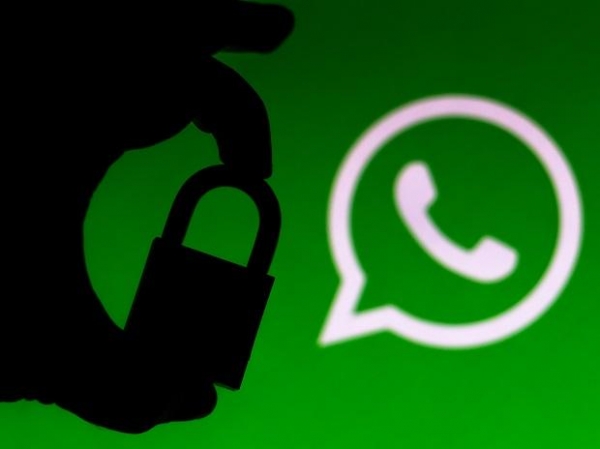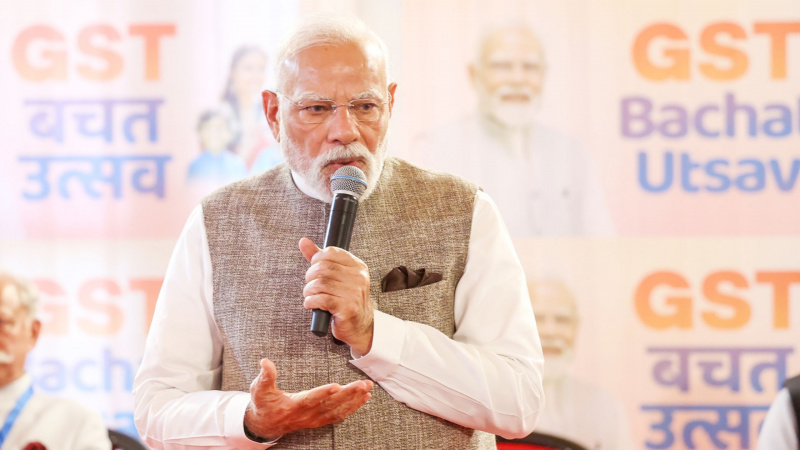WhatsApp,WhatsApp privacy, New media rules, WhatsApp sues Indian govt
A WhatsApp spokesperson declined to comment. The lawsuit is intensifying a growing battle between Indian Prime Minister Narendra Modi's government and tech gia
- by Gaurav Grover 2021-05-26 06:06:26
WhatsApp has filed a legal complaint in Delhi against the Indian government seeking to block regulations coming into force on Wednesday that experts say will force California-based Facebook unit to violate privacy protections, sources said.
The lawsuit, which people familiar with the matter has described to Reuters, asks the Delhi High Court to declare that one of the new rules is a violation of privacy rights in India's constitution, requiring social media companies to identify the " first originator of information" when authorities demand it.
While the law requires WhatsApp to unmask only people credibly accused of wrongdoing, the company says it cannot do that alone in practice. Since the messages are end-to-end encrypted, in compliance with the law, WhatsApp says it will have cracked the encryption for both recipients and the "originators" of the messages.
Reuters was unable to independently confirm that WhatsApp, which has nearly 400 million users in India, has filed a complaint with the court, or when the court can review it. People with subject knowledge refused to reveal their identity due to the sensitivity of the issue.
A WhatsApp spokesperson declined to comment.
The lawsuit is intensifying a growing battle between Indian Prime Minister Narendra Modi's government and tech giants, including Facebook, the parent company of Google Alphabet, and Twitter, in one of the major global growth markets.
Tensions escalated after police visited the Twitter offices earlier this week. The microblogging service classified the posts of a ruling party spokesperson and others as containing " manipulated media," saying forged content was included.
The government has also pressed the tech companies to remove not only what it called misinformation about the COVID-19 pandemic sweeping India, but also some criticism of the government's response to the crisis, which is charging thousands of dollars in lives daily.

The companies' response to the new rules has been the subject of intense speculation since they were unveiled in February, 90 days before they came into effect.
The Digital Media Brokerage Guidelines and the Code of Ethics issued by the Ministry of Information Technology define “key social media intermediaries” who may lose protection from lawsuits and criminal prosecutions if they do not comply.
WhatsApp, Facebook's parent company, and its tech rivals have invested heavily in India. But company officials are particularly concerned that stricter regulation by the Modi government could jeopardize those prospects.
Among the new rules are requirements by large social media companies to assign Indian citizens key compliance roles, remove content within 36 hours of legal order and create a mechanism for responding to complaints. They also have to use automated processes to remove pornography.
Facebook said it agrees with most of the provisions, but is still looking to negotiate some aspects. Twitter, which has been most criticized for failing to remove posts from government critics, declined to comment.
Some in the industry expect a delay in introducing the new rules while hearing objections like this.
The WhatsApp complaint cites a 2017 ruling by India's Supreme Court to support privacy in a case known as Puttaswamy, people familiar with it said.
Then the court decided that privacy must be preserved, except in cases where legality, necessity, and proportionality affect it. WhatsApp argues that the law failed all three tests, starting with a lack of clear parliamentary support.
Experts supported WhatsApp arguments.
"New filtering and traceability requirements may end with end-to-end encryption in India," Stanford Internet Observatory scholar Riana Pfefferkorn wrote in March.
Other court challenges to the new rules are already pending in Delhi and elsewhere.
In one, the journalists argue that the extension of technology regulations to digital publishers, including the imposition of decency and style, is not supported by the underlying law.
Also Read: Facebook, Twitter to be banned in India? New social media rules to come into effect from May 26
POPULAR POSTS
The Agentic Revolution: Why Salesforce Is Betting Its Future on AI Agents
by Shan, 2025-11-05 10:29:23
OpenAI Offers ChatGPT Go Free in India: What’s Behind This Big AI Giveaway?
by Shan, 2025-10-28 12:19:11
Zoho Products: Complete List, Launch Years, and What Each One Does
by Shan, 2025-10-13 12:11:43
Arattai vs WhatsApp: Which Messaging App Should You Choose in 2025?
by Shan, 2025-10-10 11:55:06
Top Buy Now Pay Later (BNPL) Apps for Easy Shopping in 2025
by Shan, 2025-09-22 10:56:23
iPhone 17 Sale in India Begins: Full Price List, Launch Offers and Store Availability
by Shan, 2025-09-19 12:00:45
Apple September 2025 Event Recap: iPhone 17, iPhone Air, Apple Watch Series 11, and India Pricing Revealed
by Shan, 2025-09-10 09:55:45
RECENTLY PUBLISHED

Loan EMIs to Drop as RBI Slashes Repo Rate - Full MPC December 2025 Highlights
- by Shan, 2025-12-05 11:49:44

Pine Labs IPO 2025: Listing Date, Grey Market Premium, and Expert Outlook
- by Shan, 2025-11-05 09:57:07

Top 10 Insurance Companies in India 2026: Life, Health, and General Insurance Leaders Explained
- by Shan, 2025-10-30 10:06:42

Best Silver Investment Platforms for 2025: From CFDs to Digital Vaults Explained
- by Shan, 2025-10-23 12:22:46

Zoho Mail vs Gmail (2025): Which Email Platform Is Best for Businesses, Startups, and Students?
- by Shan, 2025-10-09 12:17:26

PM Modi Launches GST Bachat Utsav: Lower Taxes, More Savings for Every Indian Household
- by Shan, 2025-09-24 12:20:59




 Subscribe now
Subscribe now 